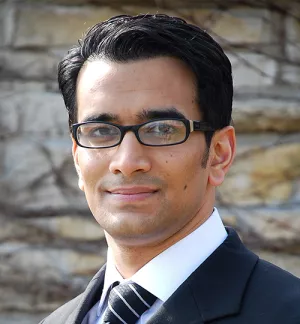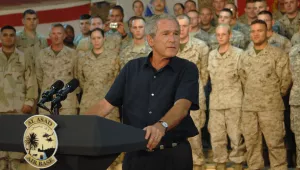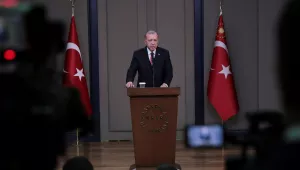MORE than 4,000 British troops were in Iraq this Christmas. As many of us visited our families for the holidays, they were out on the streets of Basra with the Iraqi army, on stand-by in case of trouble in the town or chatting with the American soldiers starting to come to the base at Basra airport. After July, only 400 will stay in the country—one unit with the Iraqi navy and another helping to train Iraqi soldiers. The rest will be home. There have been calls from themedia, and even from some politicians, to send the returning troops straight off again to Afghanistan. This is completely impractical.
First, it is important to give the troops a rest and a chance to spend time with partners and families, as they expect, before sending them off on another tour straight away. Second, it takes time to train them for the very different demands of the conflict in Afghanistan. Third, we don't have enough kit: we have low reserves of transport planes and we would need to ship heavily armed vehicles from Iraq straight for use in Afghanistan.
But the underlying reason for all of this is that we can't afford to. Sadly, the calls to redeploy the troops in Afghanistan immediately are part of a wider trend. All too often, commentators glibly focus on what they want the military to do, while completely ignoring what the military has the resources to do. This is a dangerous disconnection from reality. In military matters, like anything, you only get what you pay for. And in this area, the government has been paying for less and less.
The symptoms of underfunding are clear. The comments on an internet forum for military personnel show a certain resignation. Commenting on a news piece in which the Prime Minister pledged the military more support, one asks: "I wonder what form this will take?" Another replies: "Start asking, hold him to his word...as a starter: more helicopters, more helicopters and more helicopters."
The discontent is not confined to the ranks. The head of the armed forces, Sir Jock Stirrup, has said publicly that the forces are "currently doing more than we're structured or resourced for over the long term".
This has affected operations. Thirty-seven men and women have died in Afghanistan and Iraq in Land Rovers designed to deal with civil disturbance duties in Northern Ireland. We don't have enough appropriate spare helicopters: a dozen that are needed in Afghanistan are held up in Iraq. The number of personnel that can be deployed is limited by how much equipment is available. We wouldn't be able to send another company of 120 troops to Afghanistan at the moment, for example, because all the body armour that we have is currently being used.
As a country, we must face the fact our armed forces have reached the limit of what they can afford to do. Aside from Afghanistan and Iraq, we have troops deployed in large numbers in Germany and defence and peacekeeping duties in Bosnia, Kosovo, Cyprus, Northern Ireland, Gibraltar and the Falkland Islands. As a country, we claim to be proud of the dedication and professionalism of ourarmed forces, but we spend half as much on them per head as the Americans do.
Every ten years or so, the government conducts a Strategic Defence Review. The aim is to decide what we want our armed forces to be doing over the next ten years, and so decide how much to spend on them. The last one was in 1998. Since then, we have taken on military commitments that nobody could have foreseen then, but spending has not increased to match. Defence prices always rise faster than regular prices, and they are rising by 7.5 per cent a year. That squeezes the defence budget even more.
The current budget will not cover everything. The military historian Sir Max Hastings has said: "We are facing a shockingly stark choice between finding more money or sacrificing a major defence commitment."
We are faced with a choice: spend more on our military or watch it wither.
Azeem Ibrahim is Director of UK National Defence Association
Ibrahim, Azeem. “We Have Military to be Proud of — So Give Them Money They Need.” The Scotsman, January 8, 2009





